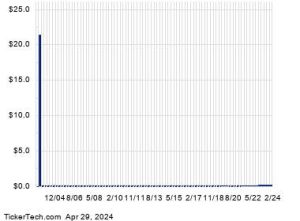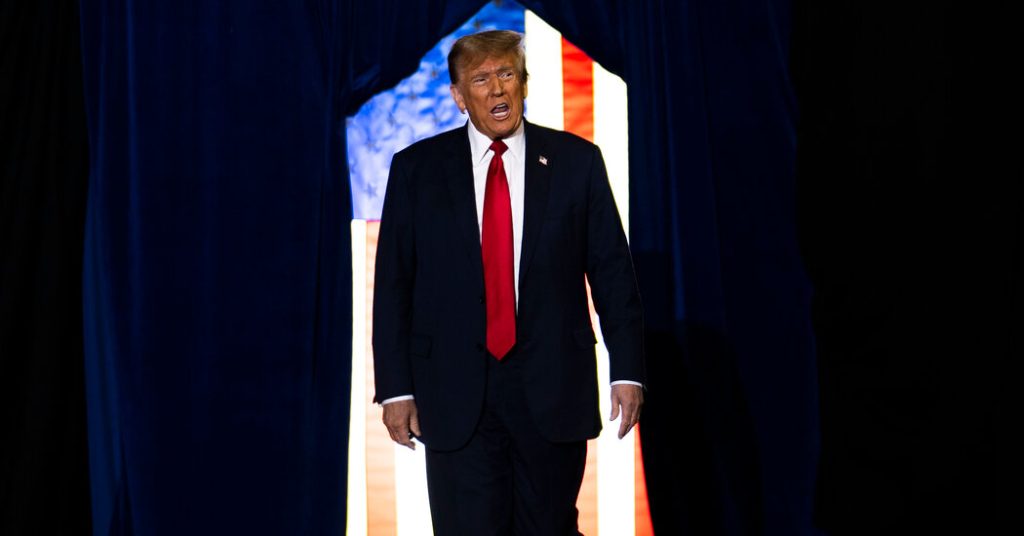If Donald Trump were to win a second term, he has promised to govern in a way that no modern president has, including imposing steep tariffs, rounding up immigrants, freeing Jan. 6 rioters, and possibly pulling out of NATO. Trump has signaled that he will achieve these goals by appointing loyalists, rather than the more moderate military leaders and corporate executives from his first term. Despite this, many CEOs are unconcerned, as they do not believe Trump will follow through on his promises, in contrast to many scholars who have studied politicians like Trump and anticipate that he will indeed enact radical changes.
Many CEOs are not enthusiastic about a potential second Trump term, as they had a rocky relationship with his administration the first time around. However, they did benefit from tax cuts and deregulation, and they fear that a second term under Trump will bring instability, which is generally bad for business. While many CEOs are unhappy with economic policies under President Biden, who has been more aggressive about regulating business, they have not fully absorbed the messages about what a second term under Trump could potentially entail. It may be difficult for CEOs to imagine having less influence in a second Trump term, but history and political currents suggest otherwise.
The premise that CEOs would prioritize larger issues of American democracy as a matter of enlightened self-interest over direct self-interest may not hold true. Biden’s policies may hinder corporations and the wealthy from amassing more wealth in the near term compared to Trump’s promises of a new corporate tax cut and regulatory disparagement. Despite Biden’s criticisms of Trump as a protector of the wealthy, some CEOs believe that they can work with Trump if he were to win a second term, viewing his interest in them as entirely need-based and transactional.
In 2025, Trump would have fewer incentives to appease corporate America than he did in 2017, especially since the donor class largely abandoned him following Jan. 6. American banks also refuse to do business with the Trump Organization, and the relationship between corporate America and congressional Republicans has become strained. While most Republicans still have ties to corporate interests, newer Trump-aligned members of Congress are less reliant on corporate money, as they raise funds online from grassroots donors. Many CEOs seem to support certain aspects of Trump’s agenda while opposing others, and they may be betting on getting what they like without the parts they do not.
It is believed that many CEOs are more motivated by antipathy towards Biden than attraction to Trump, and they tend to ignore the parts of his agenda they disagree with. Trump’s support base within the Republican party has shifted to include more blue-collar workers who dislike corporate leaders and globalist thinkers. While some Republicans are still aligned with corporate interests, newer Trump-aligned members of Congress are less dependent on corporate money, as they raise funds from grassroots donors. Many executives seem to be aligning with certain aspects of the Trump administration’s agenda while averting their gazes from other parts they may not agree with.














